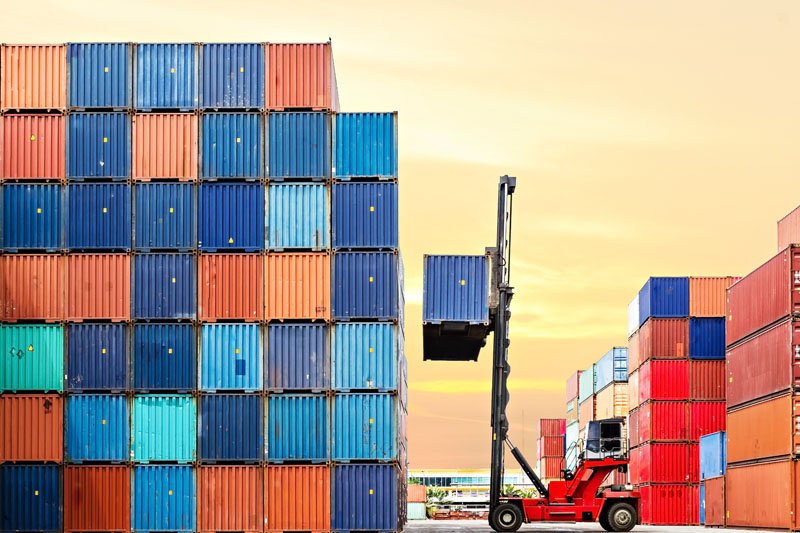Over the past couple of months, I have given several presentations to C-Level executives that underscore a message from my recent blog, “Get Serious or Get Seriously Hurt”. CEOs cannot delegate the task of building great supply chains for their companies. They absolutely must be involved in the decisions about where to invest their resources and in what amounts.
As a result of these presentations, I’ve had several interesting conversations with CEOs and Presidents about their company’s supply chain capabilities as well as their role in decisions affecting those capabilities. In fact, over the past month, I have talked with several leaders (more than 25) who are turning away sales orders because of disruptions to their companies caused by supply chain issues. Some CEOs have also shared the impact of being on allocations for critical material and having to “rationalize” their SKUs.
When these executives ask me how their companies can prevent these disruptions, my answer can be a bit controversial: “Stop taking your supply chain for granted!”
Since most CEOs don’t want to believe they are taking their company’s supply chain capabilities for granted, I often ask three questions to clarify:
1. Has your company “mapped” its supply chain in the past 12-18 months to identify risks and threats with critical suppliers whose inventory / materials could disrupt your operations and ability to satisfy customers?
2. Does your company have a written Supply Chain Disaster Recovery Plan that addresses different scenarios and identifies actions that can/will be taken when you experience supply chain disruptions?
3. Does your company have a written Transportation Spend Management Plan that identifies procurement, operational, and sales processes that affect your costs and how you manage your carrier relationships?
How would your company answer these three questions? If the answer to all three is “No,” then perhaps your company is taking its supply chain for granted, and there may be some “supply chain denial” going on.
That is why my presentations address the supply chain myths that CEOs tell themselves to avoid dealing with their supply chains. But after the myths, I also address some supply chain truths. One important truth is: “We get the supply chain we are willing to accept and live with.”
What type of supply chain are you willing to live with?
Companies create plans for things that are deemed critical to their success. So if they have plans for IT/Cyber Disaster Recovery issues, CapEx investments, and for their Sales and Marketing strategies, wouldn’t it make sense to also have a written disaster recovery plan for their supply chain or a plan for how they will manage their freight activities when disruptions occur? An effective supply chain plan will help companies focus on their priorities and the investments needed to meet those priorities.
Here is an important question: “Can your company take its supply chain for granted?”
In this "Code Red" transportation environment with skyrocketing rates and capacity issues resulting in delays and disruptions, the answer is a resounding “NO!”
With 2022 shaping up to be even more challenging for shippers than 2021, every shipper should have written transportation and supply chain plans that include strategies for containing costs and how you will manage freight under challenging scenarios. For example, how will your company manage if:
- Capacity issues in the ocean and trucking sectors continue well in to 2022, resulting in significant increases in truckload, LTL, parcel and ocean rates?
- Carrier service issues make it more challenging to figure out when your goods will be delivered?
- The west coast ports experience more delays as the ILWU labor contract negotiations become more intense?
In closing, Booker T. Washington had a daily exercise to prepare himself for whatever came his way: “When I begin my work in the morning, I expect to have a successful and pleasant day of it, but at the same time I prepare myself to hear that one of our school buildings is on fire, or has burned, or that some disagreeable accident had occurred….”
With that thought in mind, let’s stop taking our supply chains for granted and be prepared to meet the forthcoming challenges.

